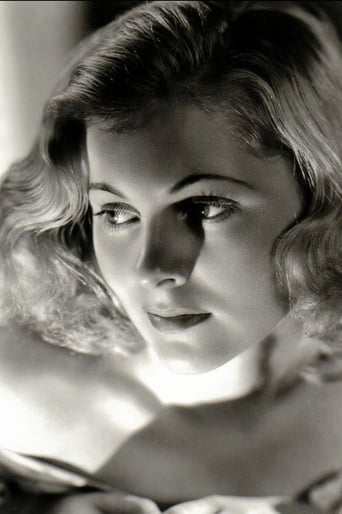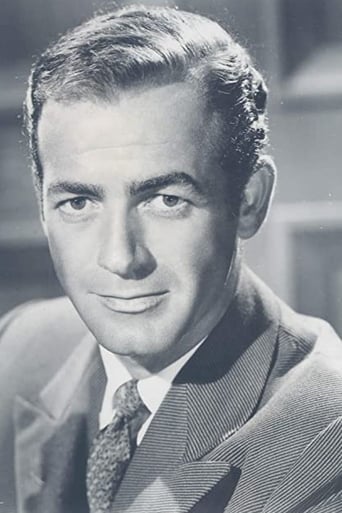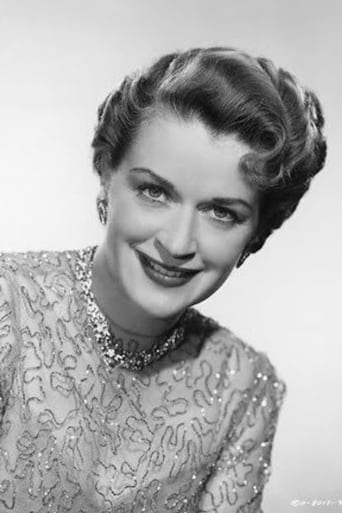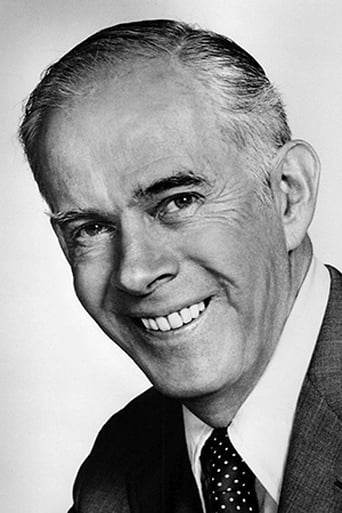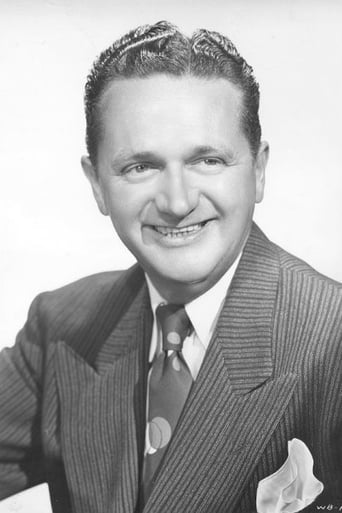robert-temple-1
In this film, Joan Fontaine comes closest to being a true 'screen goddess', and she surpasses the magic even of her performances in REBECCA (1940) and LETTER TO AN UNKNOWN WOMAN (1948), which most people, including myself until now, have thought her best. The trouble is that this film appears to have been suppressed for political reasons for nearly seventy years. It does not seem ever to have been released on video or DVD in America or Britain. I came across it because I was seeking films featuring Mark Stevens, and this starring role opposite Fontaine was effectively his debut. I discovered that this title was available in France, in the series of RKO pictures inexpensively distributed there by Editions Montparnasse. So I ordered it from French Amazon. It is now available in that French edition from British and American Amazon, at higher prices. Just before the film begins, you select 'Version Originale', and you get it without French subtitles. The film is based upon a powerful novel by Thomas Bell (1903-1961) entitled 'All Brides Are Beautiful' (which is a sardonic line of dialogue delivered by Fontaine in the film). Five writers wrote and re-wrote the screenplay, including the well known Garson Kanin, Clifford Odets, and Charley Schnee. The result of all that work was superb. The film was magnificently and brilliantly directed by John Berry, whose film noir TENSION (1949, see my review), starring Audrey Totter in probably her finest role, is a classic. Berry had what cynics calls 'a social conscience', and he was blacklisted and could not go on working in America, so he moved to France, dying there in 1999 aged 82, having directed many French films. His popularity in France doubtless explains why the French have rescued this early masterpiece of his and put it into circulation for the first time. This film is so amazing that the final shot in the film alone is so breath-taking that it is truly one for cinema history. The film is that rare thing, an American example of what we now call Neo-Realism, and it even outdoes Robert Rossellini, who the year before had made ROME, OPEN CITY, and this year was making PAISAN, with Germany YEAR ZERO to follow two years later. This film is an ode to the power of innocent young love to triumph over all obstacles, and there are plenty of those! The film portrays the full depth of the squalor and horror of lower middle class life in New York City in the 1930s and 1940s. Fontaine's sister and her family are so poor that they survive only by sending their little son to ask the local butcher for a soup bone for the dog to chew. The butcher knows there is no dog, and she boils the bone to make soup, which is their only food. The horrors of social injustice, of sudden loss of jobs and resultant total penury, of persecution by the authorities and the courts of Stevens for 'offending against the League of Decency' by illustrating a book with paintings he has done of nude models (resulting in a criminal record which prevents his getting employment), the crushing bureaucracy in the search for a job, the brutality of daily life and the coarseness of friends and neighbours, are all shown in grim detail. This film portrays the hollow nature of the myth of the American Dream with such overwhelming power and passion, that even today it seems that it is considered so dangerously subversive that no one must be allowed to see it. The story commences in 1946 (the year the film was made), with Stevens returning to civilian life at last, having been a master sergeant in the Army. As we see his pathetic and heroic struggles to find employment again as a machine lathe operator in a factory, we view the history of his marriage to Fontaine in 1938 and the years before the War in flashbacks. We never see him in the Army, since this is a film exclusively about civilian life and of a soldier returning to it. Stevens is perfectly cast as the 'good man' married to the 'angel' Fontaine, both of them doomed to struggle against the most grinding poverty imaginable. Despite the constant despair of their situation, they keep the freshness of their love for one another shining amidst the gloom. It was undoubtedly the purpose of the film to contrast the goodness of the characters with the shallowness and callousness of so many other characters in the film, but above all to portray them in the sharpest possible contrast to their intolerable situation. Here we see the merciless and heartless American non-dream trying to crush the idyll of love of two pure souls, but despite everything that life can throw at then, they refuse to crack. Berry wishes these two simple people, fortified by love, to be seen as the true American heroes. His hatred of everyone and everything that tries to destroy them is so strong that he strips away all the myths of a land of plenty to show how a divine light can still shine deep within a dung heap, in defiance of all lies, brutality, and hypocrisy. This film was John Berry's testament, but watching it is a far from comfortable experience. It challenges all of our cozy assumptions and it makes us realize how lucky we are if we have even a few pennies to our name, or can afford the dizzying luxury of actually eating supper tonight. Perhaps every spoilt brat child in America today should be forced to stop playing video games for an hour and a half and made to watch this film, and get some realistic perspective on life. But the social challenge posed by this film is too great, hence its shocking suppression in the English-speaking world for three quarters of a century. We must not be allowed to see it!
dbdumonteil
"fRom this day forward " looks like Wyler's 'best years of our lives " released the same year,a "best years" in miniature .The main difference is that Wyler's work took place after the war whereas Berry's movie is part past (the year before the war) and part present (Mark Stevens'coming home) It also deals with the difficulties the soldiers come across with when they return to a country that has sometimes forgotten them.The best scene,however, is to to be found on draft morning:the couple had put the alarm clock forward and forgotten it;the G.I. did not even have a breakfast (the cupboard is bare anyway);through the window ,Fontaine tries to make her husband come back:there's something of Frank Borzage in this sequence ("seventh heaven" "street angel".)Although Stevens' presence on the screen is at least as long as that of Fontaine's ,he is granted a "and introducing...." -it was his debut- and Joan Fontaine is the only name before the title of the movie.
adpye
Joan Fontaine and Mark Stevens make a wonderful newly-wed couple struggling with the daily ups and downs of life in pre-WWII and at the start of US involvement. Joan Fontaine makes a totally believable young wife who deals with unemployment, poverty, and the struggle to survive in the Bronx. Miss Fontaine, in a break from her shy wife roles, completely captivates the mood of the story and shows her versatility as an actress. She is wonderful in her role. Mark Stevens is wonderful,too,as her husband whose doubts about supporting his wife and his struggle to gain employment are sincerely portrayed. The film is based on a novel "All Brides are Beautiful". This film could have easily become a real "downer" but instead it inspires hope and faith in the human spirit. I highly recommend this film.
Neil Doyle
Joan Fontaine was hardly the right choice to play a Bronx housewife and yet, opposite newcomer Mark Stevens, she gives a sensitive, believable performance as a young woman coping with poverty, marriage and the adjustments that have to be made when hubby returns from the war. Small in scale when compared to films like 'The Best Years of Our Lives' which dealt with these kind of problems on a broader canvas. And yet, the realistic sets and the sincerity of the leading players does a lot to make this modest film both watchable and absorbing.Rosemary DeCamp, Harry Morgan and Bobby Driscoll are fine in the chief supporting roles. The soap opera effects that might have ruined this sort of story are missing--instead it settles for an honest treatment of post-war problems faced by many young couples in the '40s.Mark Stevens would later play Olivia de Havilland's husband in 'The Snake Pit' with even more success. (Joan Fontaine's sister, in case any of you don't know it!!)


